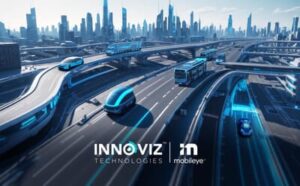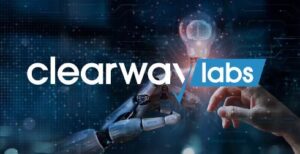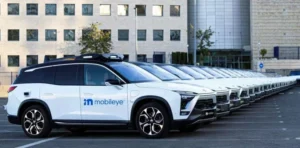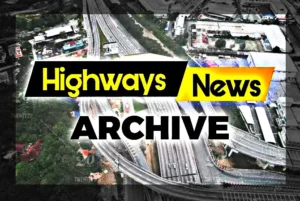Smart 3D infrastructure solutions company Seoul Robotics has announced it will expand its partnership with the Chattanooga Department of Innovation Delivery and Performance, and the Center of Urban Informatics and Progress (CUIP) at the University of Tennessee at Chattanooga, the smart city and urbanisation research centre, to deliver 86 new smart city intersections – the largest urban Internet of Things deployment of its kind in the United States.
The US Department of Transportation will fund the $4.5 million (£3.8 million) endeavour to create a “living laboratory” that will provide researchers unparalleled mapping, tracking, and identification insights into the state of mobility in the city. Intersections will be installed throughout 2023 and 2024, and once finalised, the city of Chattanooga will capture over 100 intersections total, covering the entire downtown area.
This project will expand the efforts of the partnership’s successful MLK Smart Corridor – a first-of-its-kind proprietary testbed first deployed in 2019. The system leverages LiDAR sensors equipped with Seoul Robotics’ 3D perception software, SENSR™, which uses the industry’s most accurate deep learning AI with dynamic weather-filtering capabilities to anonymously detect, track and predict the movement of pedestrians and vehicles, regardless of weather conditions. Through highly accurate, real-time data, the system is able to identify potential incidents such as accidents and wrong-way driving, as well as better understand traffic flow and the interactions between pedestrians and vehicles.
“Our work in Chattanooga will deliver more than insights into the city. We’re generating a real world, data-informed testing environment for emissions management, pedestrian safety, electric vehicles and more,” said William Muller, Vice President of Business Development at Seoul Robotics. “With this scalable network of smart intersections, we’re able to capture the most granular level of 3D data that can be used to transform cities today, and in the future.”
The City of Chattanooga plans to leverage 3D data from the new intersections to prepare for the transition to electric vehicles, better inner-city driving mobility and improve the traffic management system. Quantifiable insights will be used to map the ideal locations to install EV charging stations, as well as monitor the infrastructure to understand its utilisation. Real-time high-resolution traffic insights gleaned from the system will also be used to optimise routes to alleviate congestion and ultimately reduce vehicle emissions.
“Our partnership with Seoul Robotics on the MLK Smart Corridor delivered an entirely new dimension of insights beyond what we anticipated. The level of accuracy and actionability has enabled numerous advancements in how we can make our city safer, more efficient, and healthier for the people who live here,” said Dr. Mina Sartipi, Founding Director of the Center for Urban Informatics and Progress at the University of Tennessee at Chattanooga. “By expanding the project footprint, we will not only position Chattanooga as a pioneer of smart city technology, but also create a blueprint for other cities around the United States to leverage the transformative capabilities of 3D systems.”
(Picture – Yay Images)
























